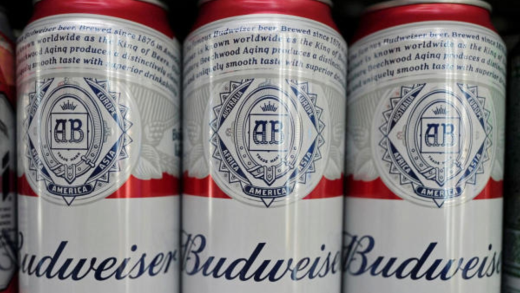Key Takeaways
- AB InBev shares tumble 11.5% on Q2 volume misses
- Heineken drops 8% after warning on volumes and tariffs
- Investors lose faith in recovery amid global beer industry volume decline
- Pricing missteps and China/Brazil underperformance drive selloff
- Analysts call for urgent rethinking of growth models
The beer industry volume decline is back at the center of investor anxiety. This week, global brewing giants AB InBev and Heineken saw billions wiped off their market valuations after dismal second-quarter numbers renewed concerns that beer’s core growth engine—sales volume—is faltering across major markets.
AB InBev led the rout, its shares sliding 11.5% Thursday—the worst single-day performance since 2020. Heineken followed earlier in the week, falling over 8% after warning of soft volume expectations and choosing not to raise full-year guidance.
“This is not just about a bad quarter,” said Siphelele Mdudu, investment analyst at Matrix Fund Managers. “It’s about the long-term beer industry volume decline and the failure of these companies to stop it.”
Brazil, China Drive Beer Industry Volume Decline
Brazil and China—two strategic pillars for AB InBev—were responsible for much of the volume drop. In Brazil, unseasonable weather was partly to blame, but analysts say the company’s aggressive pricing strategy accelerated losses.
“AB InBev raised prices earlier than competitors like Heineken, and it backfired,” said Daniel Isaacs of 36ONE. “They lost volume to cheaper rivals, fueling the broader beer industry volume decline in Latin America.”
China, meanwhile, showed a deeper issue. AB InBev’s focus on premium on-premise sales struggled against consumer frugality and post-COVID restrictions, including government bans on large civil servant gatherings.
“The cultural pivot is real,” said Emily Feng, consumer economist. “People are drinking less in public—and premium beer brands are losing their footing. This adds to the beer industry volume decline narrative in Asia.”
Heineken Hit by Tariffs, Retailer Friction
Heineken’s problems lie closer to home. Price disputes with European retailers and uncertainty over potential U.S. trade tariffs led the company to tone down expectations. The Dutch brewer said it expected continued volatility through the rest of 2025.
Despite stable profits, Heineken shares took a hit. “In this environment, investors aren’t rewarding margins—they’re demanding volume,” said Trevor Stirling at Bernstein. “And the beer industry volume decline is now a macro headwind.”
Shift From Price to Volume
In 2024, brewers had hoped that with inflation receding, they could stabilize volumes without deep discounting. But those plans have not materialized.
Mdudu warned that relying on pricing power had clear limits. “Eventually, consumers walk. That’s what we’re seeing play out in the beer industry volume decline now.”
AB InBev CEO Michel Doukeris said the company would pivot in Brazil and China to regain footing—cutting prices, promoting at-home consumption, and repositioning brands. But analysts remained skeptical.
“If your story is volume recovery,” Stirling said, “and that volume doesn’t show up, you don’t get the benefit of the doubt.”



